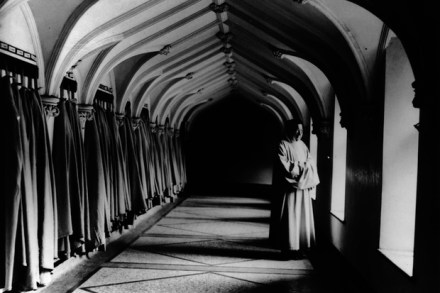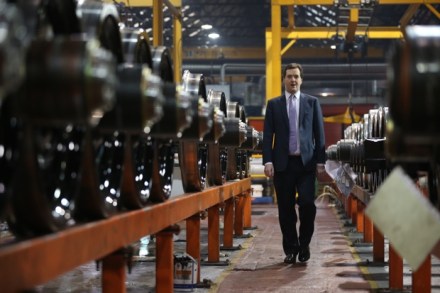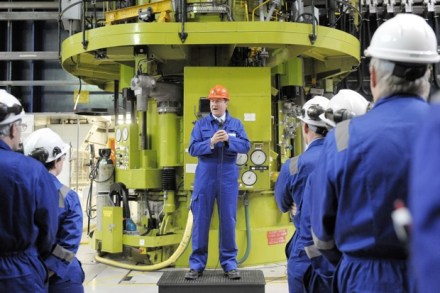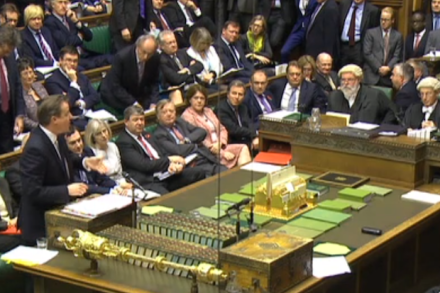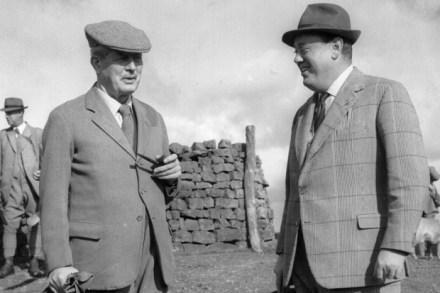Pritchard row refreshes second jobs debate
Mark Pritchard is vigorously denying the Telegraph splash this morning, which alleges that he boasted of being able to use his political contacts to set up meetings. He says he is consulting his lawyers. But aside from the eventual outcome of this row, it has allowed Labour to reignite the debate about whether MPs should have second jobs anyway, with a Labour party spokesman saying last night that ‘every passing scandal and further investigation only goes to reinforce why Ed Miliband was right earlier this year to call for new rules and new limits on MPs’ outside earnings’. Miliband made that call in the middle of the Falkirk row as







